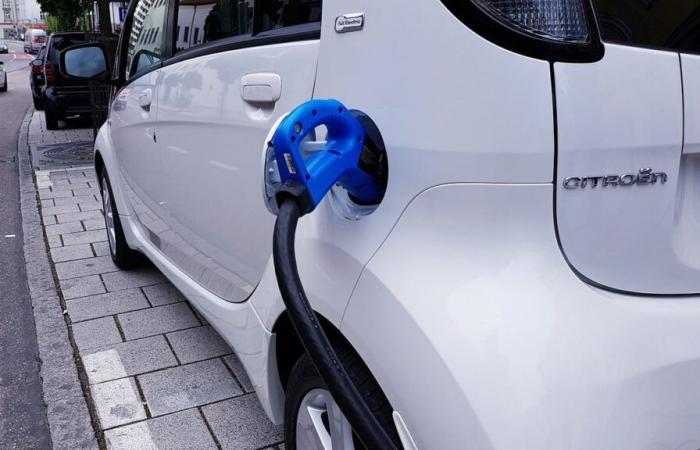China dominates a growing global market, despite an unprecedented slowdown in Europe. The year 2024 marks a turning point for the sector with global sales records and contrasting prospects for the years to come.
A global electric market driven by China
Sales of electric vehicles (excluding plug-in hybrids) increased by 25% in 2024, reaching a record 17.1 million units according to figures from British firm Rho Motion. This success is largely based on the Chinese market, where 11 million electric cars have been registered, an impressive increase of 40% in one year.
China, the undisputed leader in electric mobility, benefits from a mature industrial ecosystem and favorable government policies, including subsidies and purchasing incentives. “Carrot and stick works », summarizes Charles Lester, analyst at Rho Motion, to explain the impact of government measures in boosting sales.
In North America, sales also increased with 1.8 million units sold (+9%), driven by incentive initiatives and the growing popularity of more environmentally friendly vehicles. However, the upcoming elimination of purchasing aid in the United States, announced by President-elect Donald Trump, could reverse this trend as early as 2025.
In Europe, the dynamic has changed. After four years of strong growth, electric car sales declined for the first time in 2024, falling 3% to 3 million units. This decline can be explained in particular by the end of purchasing aid in Germany, which had until now been a key driver for this market.
Slowdown in Europe: a strategic turning point
The United Kingdom, on the other hand, stands out with a notable increase of 21.4% thanks to the introduction of sales targets imposed on manufacturers. Sales of hybrids also continue to gain ground, while thermal vehicles continue to decline.
According to William Roberts, another Rho Motion analyst, Europe could regain momentum thanks to the entry into force of stricter standards on CO2 emissions in 2025. However, the absence of new incentive schemes risks slowing down this recovery. At the same time, Chinese strategy on the continent remains to be monitored: if European taxes aim to limit imports of brands like BYD or MG, the arrival of Leapmotor, the new Stellantis brand, could redistribute the cards.
The future of the electric vehicle market will largely depend on public policies, both in terms of financial support and regulation. If Europe seeks to counter Chinese influence and achieve its climate goals, the United States could slow its growth through unfavorable policy decisions. One thing is certain: the transition to electric mobility remains a constantly evolving project, where innovation and adaptation will be the key words.
A reaction? Leave a comment
Did you like this article? Subscribe to our free Newsletter for engaging articles, exclusive content and the latest news.






